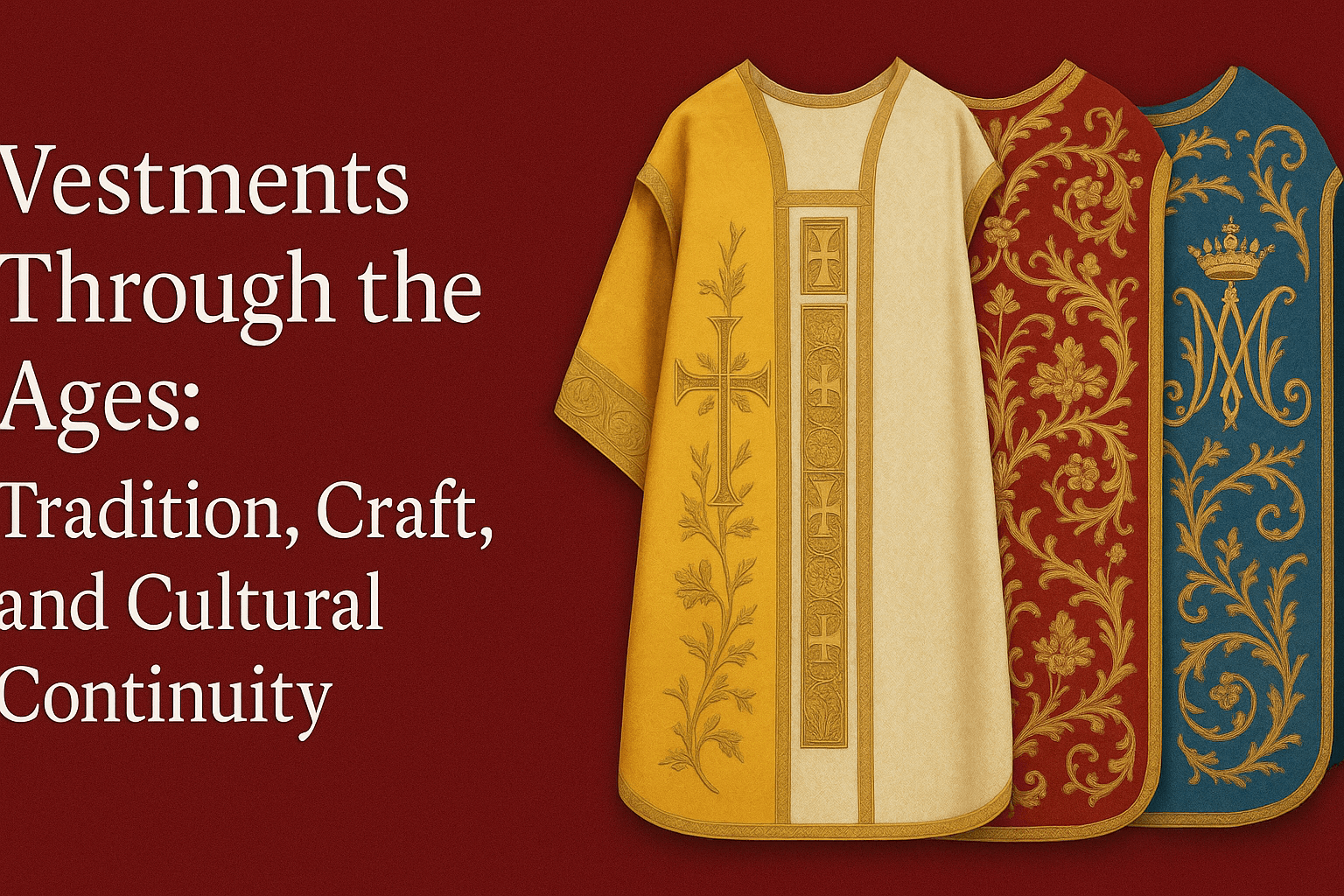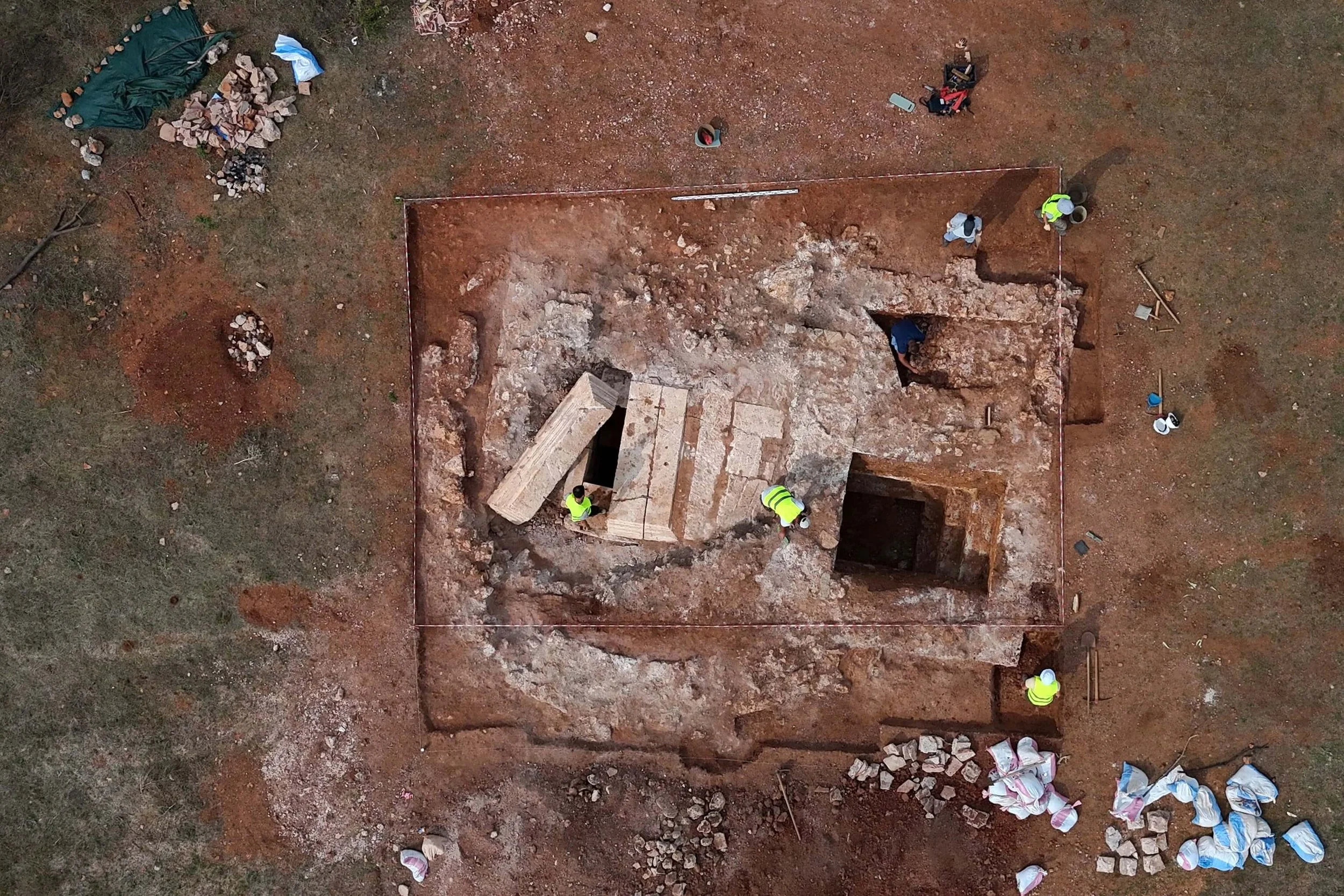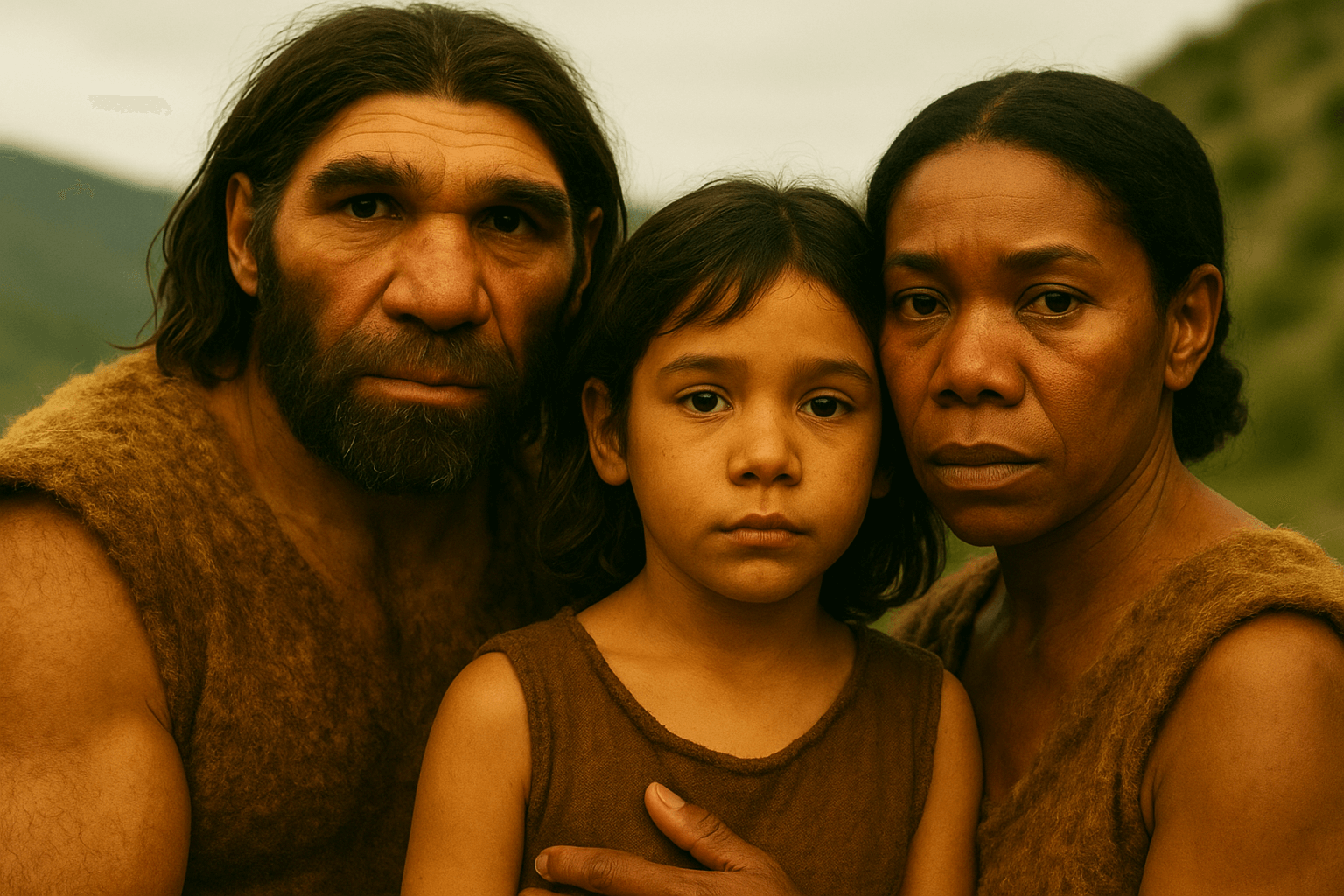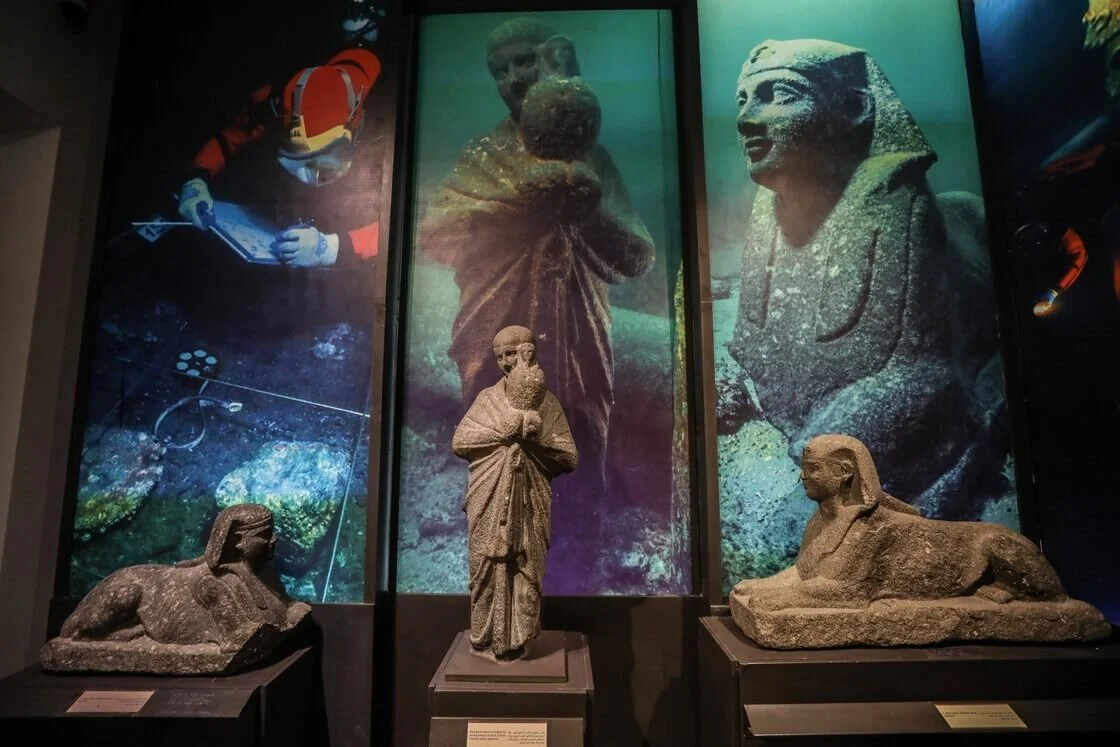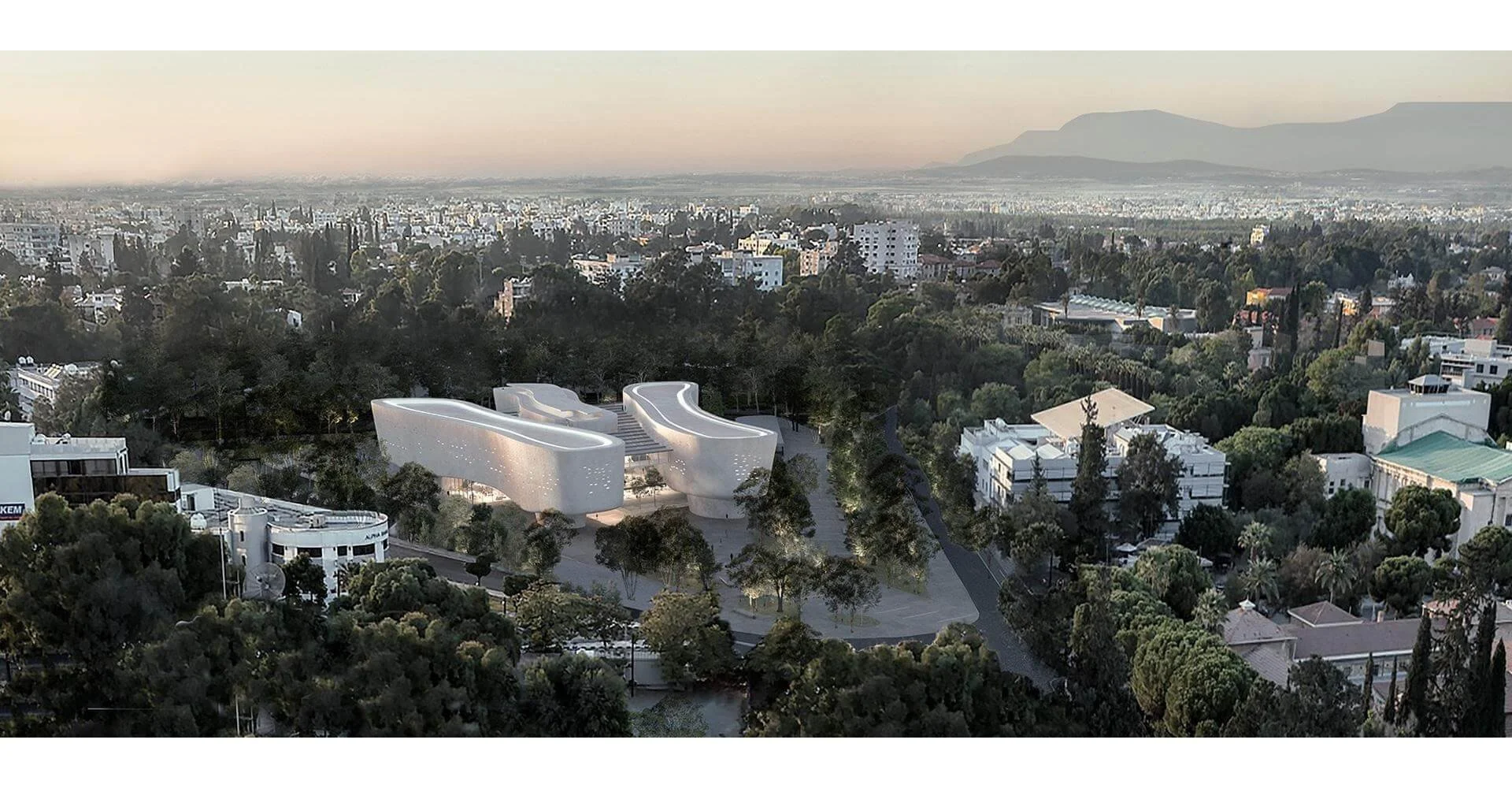The history of yoga is a rich tapestry of ancient wisdom, tracing back to the insightful techniques for inner peace documented in the Yoga Sutras of Patanjali by ancient Indian sages. Patanjali's contributions to yoga were profound, laying down the fundamental principles and practices that have guided practitioners for centuries. His work emphasized that yoga is not just a physical exercise but an existential, experimental, and experiential journey towards self-realization.
The origins of yoga can be traced to the sage Kapila and the ancient Indus Valley civilization, where the concept of Prakriti as the powerful and fundamental entity of the universe took root. Additionally, the origins of Tantra, a mystical tradition, may have emerged from matriarchal societies and left a lasting influence on the evolution of yoga.
Yoga's roots delve deep into history, with evidence of yogic practices found in the ancient Harappa civilization and the Vedic scriptures such as the Rigveda. The seers of the Rigveda were deeply attuned to Prakriti, shaping the early understanding of yoga as a profound spiritual practice.
The influence of other spiritual traditions, such as Buddhism, also played a significant role in shaping yoga. Buddha's spiritual journey and the founding doctrine of dharma, promoting the act of seeing and realizing instead of blind belief, became intertwined with the evolution of yoga. Even though Patanjali's Yoga Sutras were agnostic to all religions, Jainism and Buddhism had an influence on them, illustrating the varied spiritual landscape of ancient India.
Throughout its history, yoga has influenced Indian culture, embracing the pursuit of knowledge and the unification of the soul with the divine. The concept of Hatha yoga, focusing on physical purification and the awakening of subtle energy within the body, has deeply influenced the Bhakti movement, emphasizing devotion and expressing love for the divine.
The ancient practices of yoga have transcended time, leaving a profound imprint on Indian society. From the influence of Lord Shiva, depicted in yogic art as the embodiment of creation, existence, and destruction, to the fundamental concepts of Kundalini and Prana, which represent the flow of energy within the body, yoga has woven itself into the very fabric of Indian spirituality.
In the modern era, the legacy of yoga lives on through spiritual luminaries such as Ramakrishna Paramahansa, whose spiritual wonder and influence continue to inspire spiritual seekers around the world. The ancient and multifaceted history of yoga serves as a timeless testament to the enduring quest for inner transformation and self-realization.


